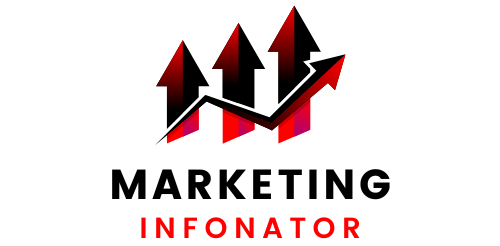In today’s digital age, where competition for online visibility is fierce, businesses are constantly seeking effective ways to reach their target audience. Pay-Per-Click (PPC) advertising has emerged as a powerful tool in the digital marketer’s arsenal, offering a cost-effective and highly targeted approach to driving traffic and generating leads. This comprehensive guide will delve into the intricacies of PPC advertising, exploring its benefits, best practices, and how businesses can leverage it to maximize their return on investment (ROI).
What is Pay-Per-Click Advertising?
Pay-Per-Click advertising is a model of internet marketing in which advertisers pay a fee each time their ad is clicked. It’s essentially a way of buying visits to your site, rather than attempting to earn those visits organically. PPC ads are typically displayed alongside search engine results or on relevant websites and social media platforms, allowing advertisers to target users based on keywords, demographics, interests, and more.
Benefits of PPC Advertising
- Instant Visibility: Unlike organic methods such as SEO, which can take time to yield results, PPC advertising offers instant visibility. Ads can be launched and begin appearing in search results or on websites almost immediately, allowing businesses to quickly increase their online presence.
- Targeted Reach: One of the key advantages of PPC advertising is its ability to target specific audiences. Advertisers can tailor their campaigns based on factors such as location, demographics, interests, and even the device being used, ensuring that their ads are shown to the most relevant users.
- Measurable Results: PPC platforms provide comprehensive analytics and tracking tools that allow advertisers to monitor the performance of their campaigns in real-time. From click-through rates to conversion metrics, businesses can gain valuable insights into the effectiveness of their advertising efforts and make data-driven decisions to optimize their campaigns.
- Cost-Effective: With PPC advertising, advertisers only pay when their ads are clicked, making it a cost-effective marketing strategy. Additionally, budgeting tools and bid management options allow businesses to control their spending and ensure that they get the most out of their advertising budget.
Best Practices for PPC Advertising
- Keyword Research: Effective keyword research is the foundation of a successful PPC campaign. By identifying relevant keywords with high search volume and low competition, advertisers can ensure that their ads are shown to users actively searching for their products or services.
- Compelling Ad Copy: Writing compelling ad copy is essential for capturing the attention of potential customers and driving clicks. Ads should be concise, persuasive, and relevant to the user’s search query, with a clear call-to-action prompting them to take the desired action.
- Landing Page Optimization: A well-designed landing page is crucial for converting clicks into leads or sales. Landing pages should be relevant to the ad content, easy to navigate, and optimized for conversion, with clear messaging and compelling visuals that encourage users to take action.
- A/B Testing: Continuous testing and optimization are key to maximizing the effectiveness of PPC campaigns. Advertisers should regularly A/B test different ad creatives, targeting options, and bidding strategies to identify what works best for their target audience and refine their campaigns accordingly.
- Monitor and Analyze Performance: Monitoring the performance of PPC campaigns is essential for identifying areas of improvement and optimizing ROI. Advertisers should regularly analyze key metrics such as click-through rates, conversion rates, and return on ad spend (ROAS), making adjustments as needed to improve campaign performance.
Pay-Per-Click advertising offers businesses a powerful and cost-effective way to reach their target audience and drive results. By leveraging the benefits of PPC advertising and following best practices, businesses can maximize their ROI and achieve their marketing objectives in today’s competitive digital landscape. Whether you’re looking to increase website traffic, generate leads, or boost sales, PPC advertising can be a valuable addition to your marketing strategy.

